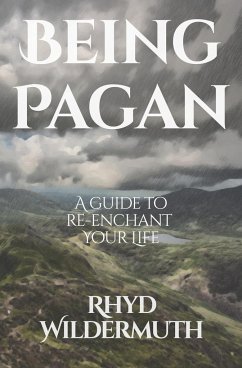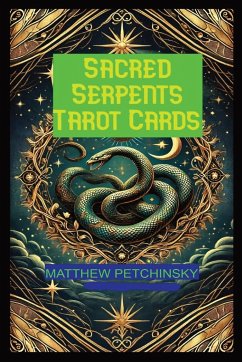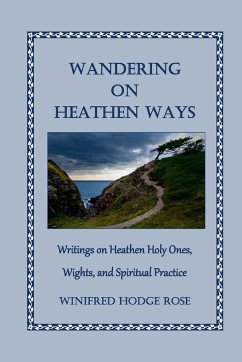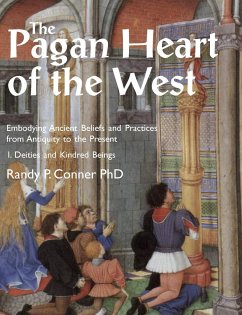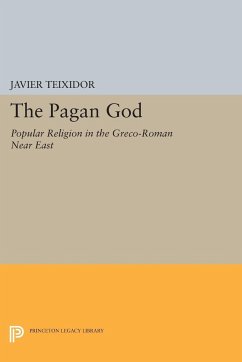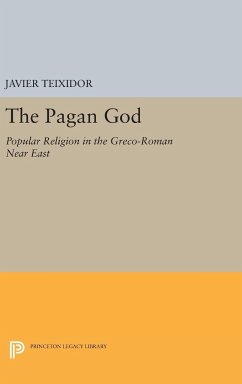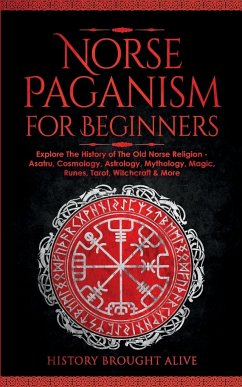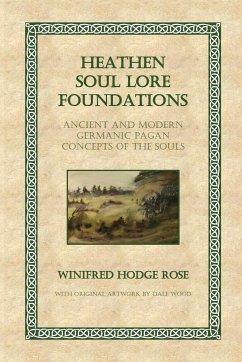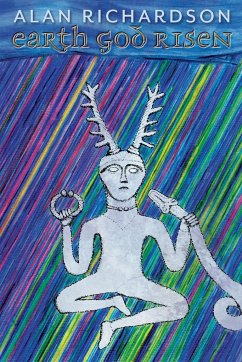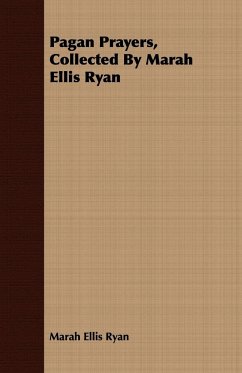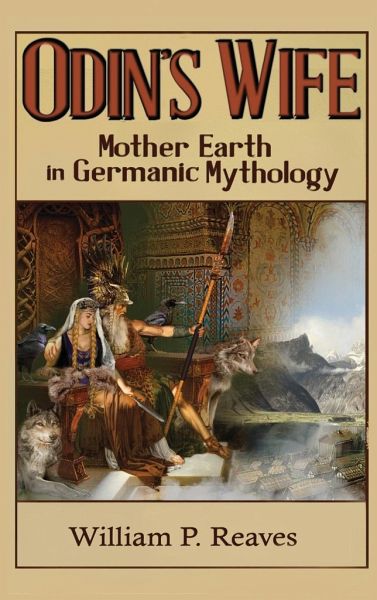
Odin's Wife
Mother Earth in Germanic Mythology
Versandkostenfrei!
Versandfertig in 1-2 Wochen
24,99 €
inkl. MwSt.

PAYBACK Punkte
12 °P sammeln!
The Definitive Study of Odin’s Wife, Frigg. For more than a millennium, the people of Northern Europe venerated an Earth goddess, which evidence attests is the oldest known Germanic deity. Called by a number of names, when the accounts are compared, common traits emerge. During Yule, she rides among her people in a wagon inspecting homes, rewarding the industrious and punishing the lazy. With her husband, she leads the fearsome Wild Hunt, riding through the winter skies, cleansing the air of evil. Most often identified as Odin’s wife, the ancients called her "Mother Earth", "Queen of Heave...
The Definitive Study of Odin’s Wife, Frigg. For more than a millennium, the people of Northern Europe venerated an Earth goddess, which evidence attests is the oldest known Germanic deity. Called by a number of names, when the accounts are compared, common traits emerge. During Yule, she rides among her people in a wagon inspecting homes, rewarding the industrious and punishing the lazy. With her husband, she leads the fearsome Wild Hunt, riding through the winter skies, cleansing the air of evil. Most often identified as Odin’s wife, the ancients called her "Mother Earth", "Queen of Heaven", and the "Mother of the Gods", roles firmly rooted in her Indo-European pedigree. Only now can the full scope of her reign be revealed. Presenting an in-depth study of Mother Earth in Germanic mythology and folklore from prehistoric times to the present day, with an emphasis on the primary sources of our mythic knowledge. Beginning with an overview of agricultural symbolism in religious art during the prehistoric period in Northern Europe, the investigation proceeds to an examination of Nerthus, "that is Mother Earth", the first Germanic goddess named in the literary record. Following the tribes said to worship her, the author traces her development through the Anglo-Saxon Æcerbót, a charm intended to open fields in Spring addressed to eorþan modor, as well as the widespread German tales of Frau Holle and other closely related figures, who inspect homes during Yule, dispensing gifts to the deserving, demonstrating her dual roles as Mother Earth and Queen of Heaven. Among her many names are Holle, Holda, Herke, Bercht and Percht, Frau Wode, Frau Gode, Frick and Frekka. Directly related to Odin and the Wild Hunt, this goddess emerges in history as the wife of Odin and the mother of Thor, also known as Hlodyn, Fjörgyn and Jörd in the Icelandic Eddas. Further investigation into old heathen poetic sources reveals her role not only as Baldur’s mourning mother, but the Mother of the Gods as a whole —the Aesir being collectively called Friggjar niðja, her offspring. An Asynje by marriage, she is a Vanir-goddess by birth and a powerful personality in her own right. From this perspective, Frigg and Odin’s identity as the Earth-Mother and Sky-Father of Indo-European comparative mythology becomes evident among the Germanic branch. Rather than reducing multiple goddesses into a single entity or identifying the uniquely Germanic Earth Mother with a Universal Great Goddess, this thorough investigation of the primary and secondary sources details the complexity and narrative depth of the mythology surrounding Odin’s Wife, the oldest continuously attested Germanic goddess.





